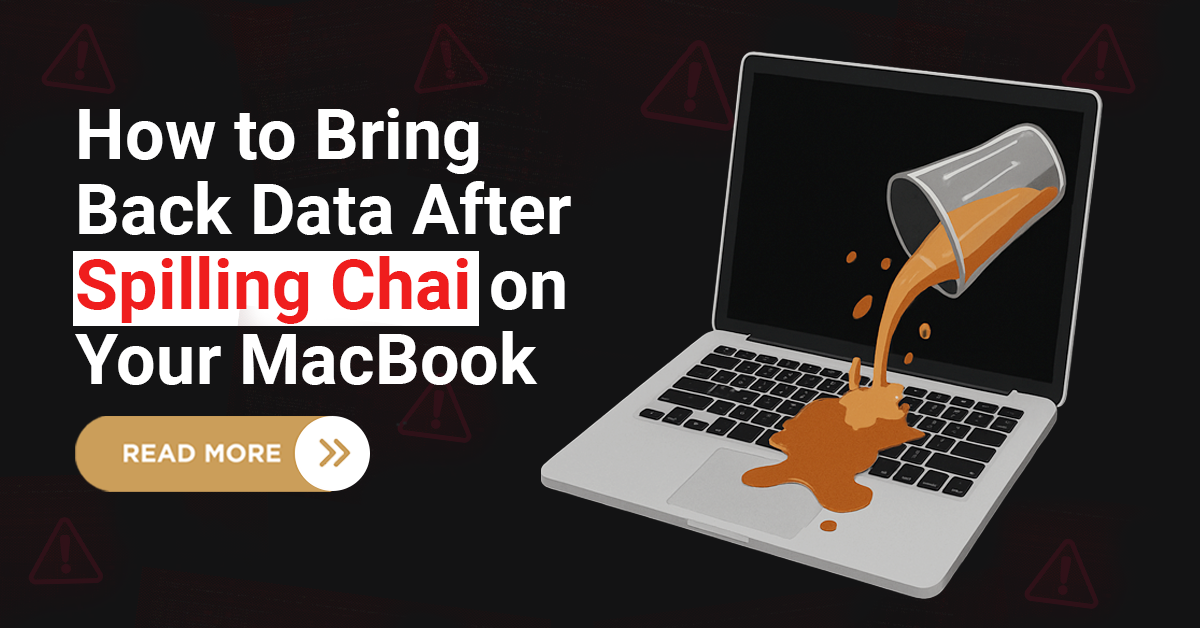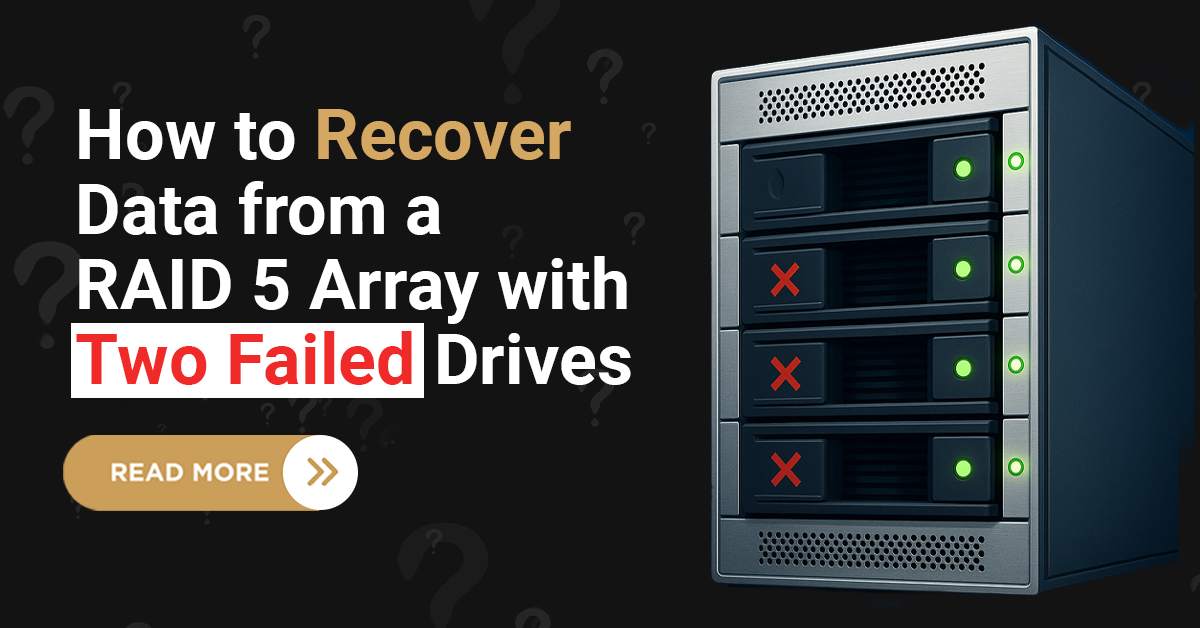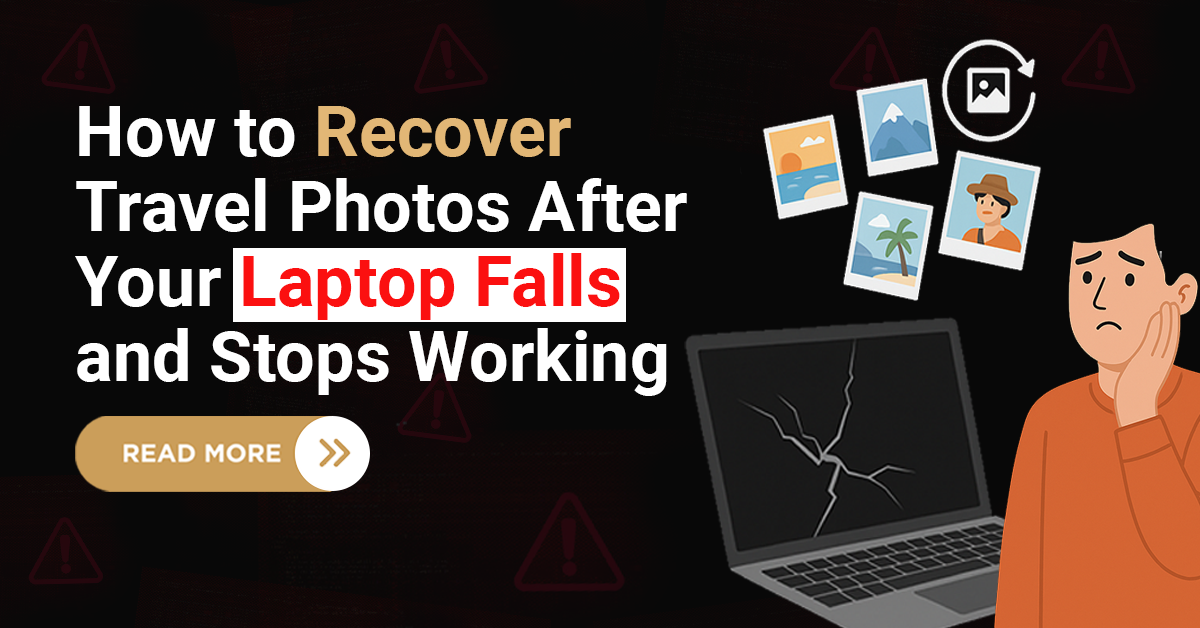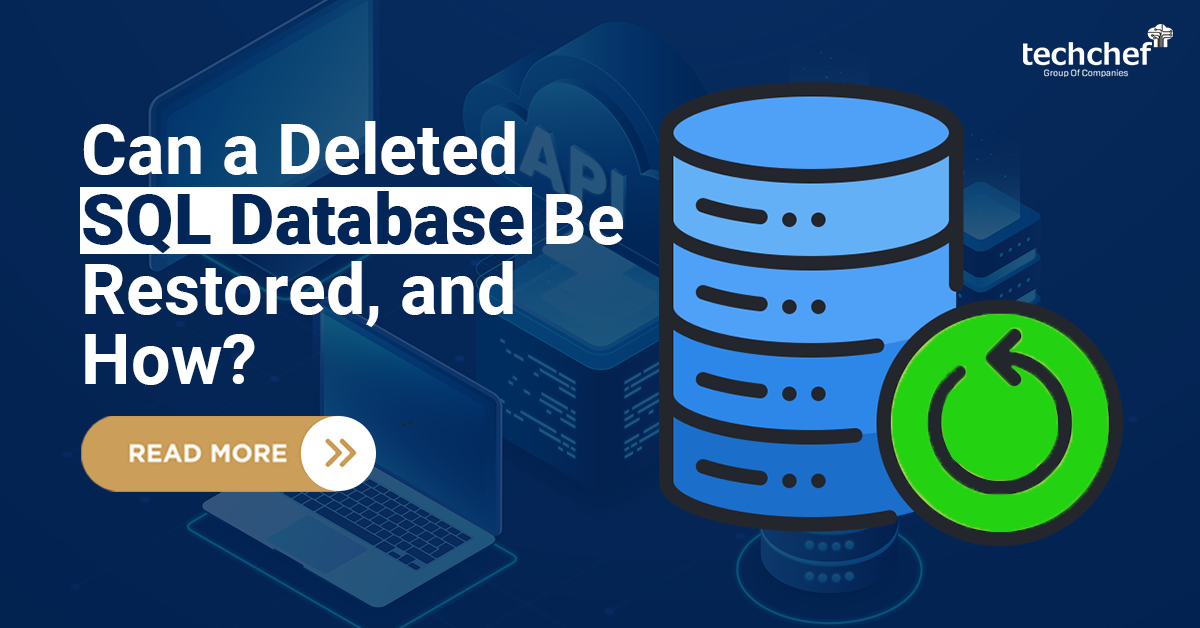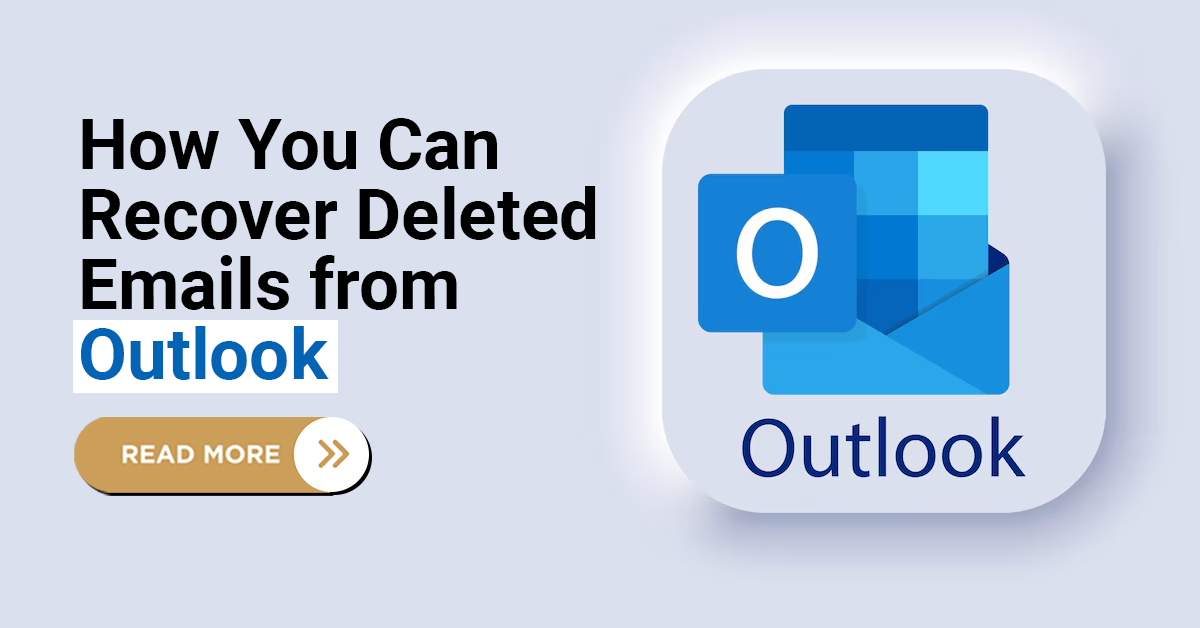By Shaan B. – Cybersecurity Specialist with 20+ Years of Expertise
Hello, I’m Shaan. Over the past two decades, I’ve witnessed how rapidly the world has evolved—and how cyber threats have grown alongside it. As businesses embrace technology, ensuring cybersecurity isn’t just a technical concern; it’s a business-critical issue.
You might wonder why I’m so passionate about writing this blog. The reason is simple. Every day, I see organizations that underestimate the risks they face and overestimate the security of their systems. Vulnerability Assessment and Penetration Testing (VAPT) is one of the most effective ways to protect your business. My goal is to help you understand VAPT’s significance and how it can protect your business.
Let’s see and explore how VAPT works, why it’s essential, and how your business can benefit from it.

What is VAPT?
Before we proceed, let’s parts VAPT into its two core components:
1. Vulnerability Assessment (VA):
This process involves scanning your IT systems for security weaknesses. It identifies known vulnerabilities such as outdated software, unpatched systems, or misconfigurations.
2. Penetration Testing (PT):
Also called ethical hacking, this involves simulating real-world attacks to test the effectiveness of your security measures. Pen testers attempt to exploit vulnerabilities to gauge the impact of potential attacks.
Together, these processes form VAPT, providing an all-inclusive view of your organization’s cybersecurity posture.
Why is VAPT Crucial for Your Business?
The Growing Cyber Threat Worldwide
Did you know that India faced over 18 million cyberattacks in the first quarter of 2023 alone? These attacks range from ransomware to phishing, targeting businesses of all sizes. The financial and reputational damage from a single breach can be devastating.
VAPT acts as a proactive shield, allowing you to identify and fix security gaps before attackers exploit them.
Top Reasons VAPT is a Must-Have for Businesses
1. Detect and Fix Vulnerabilities:
Vulnerabilities can exist anywhere—your applications, network devices, or cloud infrastructure. VAPT uncovers these weaknesses so you can address them effectively.
2. Regulatory Compliance:
Compliance with standards like GDPR, ISO 27001, and PCI DSS is mandatory for many industries. VAPT helps you meet these requirements by ensuring your systems are secure.
3. Protecting Sensitive Data:
Businesses handle sensitive data like customer information and financial records. VAPT ensures this data is not exposed to cybercriminals.
4. Preventing Downtime:
Cyberattacks can bring your operations to a halt. VAPT helps you avoid costly downtime by strengthening your defenses.
5. Building Customer Trust:
Customers trust businesses that prioritize data security. VAPT shows your commitment to protect their information.
6. Cost-Effective Security:
Addressing vulnerabilities proactively is far less expensive than recovering from a cyberattack.
7. Mitigating Advanced Threats:
Cyber threats are becoming more sophisticated. VAPT helps you stay one step ahead by identifying even complex vulnerabilities.
10 Benefits of VAPT for Businesses
Comprehensive Risk Identification: Pinpoints risks across applications, networks, and systems.
Customize Recommendations: Provides actionable insights specific to your IT environment.
Enhanced Security Awareness: Educates employees about potential threats.
Improved Incident Response: Helps you prepare for and respond to attacks effectively.
Business Continuity: Ensures your operations remain unaffected by cyber threats.
Scalable Solutions: Suitable for businesses of all sizes, from startups to enterprises.
Protection for Remote Workforces: Secures remote access tools and endpoints.
Protect Digital Transformation: Enables secure adoption of new technologies.
Long-Term ROI: Strengthens your IT infrastructure, reducing long-term costs.
Enhanced Vendor Security: Evaluates the security of third-party vendors.

How VAPT Works: Step-by-Step
Let’s explore the key steps involved in the VAPT process:
1. Planning and Scoping
Define the scope of testing, such as applications, networks, or devices.
Identify key objectives, such as compliance or risk reduction.
2. Information Gathering
Collect details about your IT infrastructure, including system configurations and access controls.
3. Vulnerability Scanning
Use tools like Nessus, Qualys, or OpenVAS to identify potential vulnerabilities.
4. Penetration Testing
Ethical hackers simulate cyberattacks to exploit vulnerabilities.
Testing can include methods like SQL injection, cross-site scripting (XSS), and phishing simulations.
5. Reporting and Remediation
Generate a detailed report highlighting vulnerabilities and their potential impact.
Provide recommendations for remediation.
Types of VAPT Services
At Techchef Group, we offer a wide range of VAPT services to meet the unique needs of businesses:
Web Application VAPT: Secure your websites and web-based applications.
Cloud VAPT: Protect your cloud infrastructure from breaches.
Mobile Application VAPT: Ensure your mobile apps are secure.
Switches & Routers VAPT: Identify vulnerabilities in network devices.
Network VAPT: Fortify your overall network security.
Firewall, IDS & IPS VAPT: Test the robustness of your security defenses.
Server VAPT: Uncover vulnerabilities in your server environments.
IoT Devices VAPT: Secure smart devices and IoT infrastructure.
Why Should a Business or Organization Conduct a Vulnerability Scan?
A vulnerability scan is a systematic process to identify and evaluate potential vulnerabilities in a network, system, or application. Conducting regular scans is essential for:
1. Proactive Risk Management
Vulnerability scans allow businesses to detect security issues early, enabling them to address these issues before they escalate.
2. Supporting Regulatory Compliance
Many standards and regulations, such as HIPAA or PCI DSS, require periodic vulnerability scans to ensure ongoing security.
3. Prioritizing Remediation Efforts
Scans help organizations prioritize vulnerabilities based on their severity and potential impact, ensuring efficient use of resources.
4. Strengthening Security Defenses
Scanning helps businesses understand their security posture and adapt defenses against evolving threats.
5. Protecting Against Exploits
Vulnerabilities are often exploited by cybercriminals. Regular scans help close these gaps before they’re targeted.
6. Continuous Improvement
As businesses grow, their IT infrastructure evolves. Regular scans ensure that new systems or applications are integrated securely.
VAPT and Compliance
VAPT isn’t just about security; it’s also about compliance. Many regulations mandate regular vulnerability assessments and penetration testing. Some examples include:
GDPR: Requires data protection for EU citizens.
PCI DSS: Mandates secure handling of payment card information.
ISO 27001: Ensures information security management.
Challenges in Implementing VAPT
While VAPT is highly effective, it’s not without challenges:
High Initial Costs: Small businesses may find VAPT services expensive.
Complex Environments: Large IT infrastructures require extensive testing.
False Positives: Automated tools may flag non-critical issues.
Skilled Resources: Requires expertise to perform effective testing.
However, partnering with experienced VAPT audit companies in India like Techchef Group can mitigate these challenges.
Did You Know?
A study by IBM found that the average cost of a data breach in India was ₹17.9 crore in 2023—a cost that could have been mitigated with proactive measures like VAPT.
FAQs About VAPT
1. What is VAPT and why do I need it for my business?
VAPT stands for Vulnerability Assessment and Penetration Testing. It helps find weaknesses in your systems and fix them before hackers can exploit them. Vulnerability Assessment looks for potential security issues, while Penetration Testing involves experts trying to hack into your system to see if they can break in. VAPT is important because it protects your business from cyberattacks, keeps your data safe, and helps you avoid problems like data breaches.
2. What’s the difference between Vulnerability Assessment and Penetration Testing?
Vulnerability Assessment is a process that scans your system to find weaknesses, but it doesn’t attempt to break in. On the other hand, Penetration Testing is when security experts act like hackers and try to break into your system to see how vulnerable it is. Vulnerability Assessment finds risks, while Penetration Testing shows how bad those risks could be if someone were to attack.
3. How often should I do VAPT for my business?
How often you should conduct VAPT depends on your business. Many businesses do it once a year, but if you make major changes to your system, you should do VAPT afterward. Some industries require regular testing to follow legal rules, and if you handle sensitive customer data, it’s a good idea to do VAPT more frequently to keep your systems secure.
4. How does Penetration Testing work?
Penetration Testing is when security experts try to hack into your system, just like a hacker would. They start by gathering information about your system, then look for any security weaknesses. After that, they attempt to break into the system. Finally, they report back to you with details on how they got in and what you can do to fix the issues. This testing helps you understand how vulnerable your system is and how to protect it.
5. How do you make sure VAPT testing is accurate?
To make sure VAPT testing is accurate, we use the latest tools and techniques. Our experts check for weaknesses that automated tools might miss. We focus on the most critical issues that could harm your business. Finally, we provide clear, simple reports that explain the problems and suggest solutions.
6. Will VAPT testing affect my business operations?
We try to make sure VAPT testing causes as little disruption as possible. While there might be minor issues, we schedule the testing during off-hours or when it won’t affect your work. We keep you informed about what’s happening to make sure you know what to expect. Our goal is to ensure the testing doesn’t stop your business from running smoothly.
7. What happens if VAPT finds security problems?
If VAPT finds any security issues, we will explain what the problems are and how serious they are. We’ll provide solutions to fix those issues and suggest improvements. After you fix the problems, we can do another test to ensure everything is secure. We also recommend regular security checks to keep your systems safe in the future. By addressing these issues, you reduce the risk of cyberattacks and protect your business.
Conclusion
VAPT is not just a cybersecurity measure; it’s a strategic investment in your business’s future. By proactively identifying and fixing vulnerabilities, you can protect your data, ensure compliance, and build trust with your customers.
What are your thoughts on VAPT? Have you faced cybersecurity challenges in your business? Share your experiences and insights in the comments below. Let’s continue this conversation and work together to create a more secure digital ecosystem.



